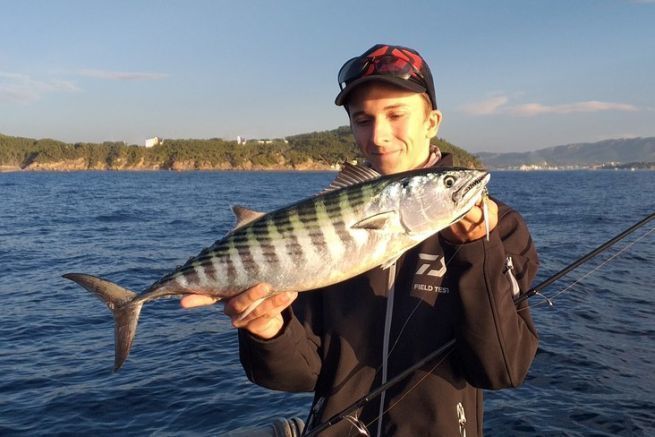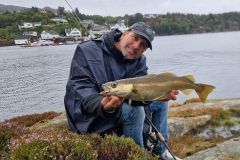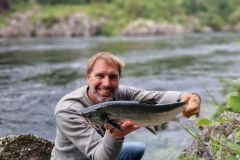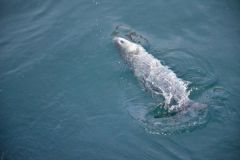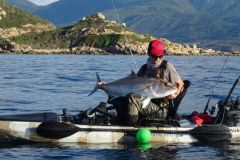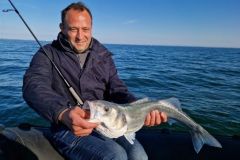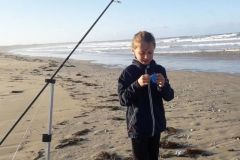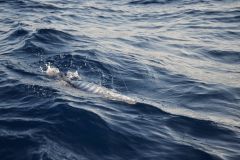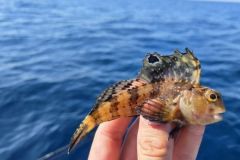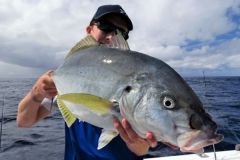The pelamid is a very aggressive fish which offers fantastic fights, capable of taking several tens of meters of line on a start.
Fishing on the hunt
Hunting is the best way to hunt for pelagic fish. Schools of fish gather the fry in a ball and then throw themselves all together in the melee to swallow a maximum of them. This behavior gives rise to a magnificent spectacle, making the heart beat faster to delight the sport fishermen.
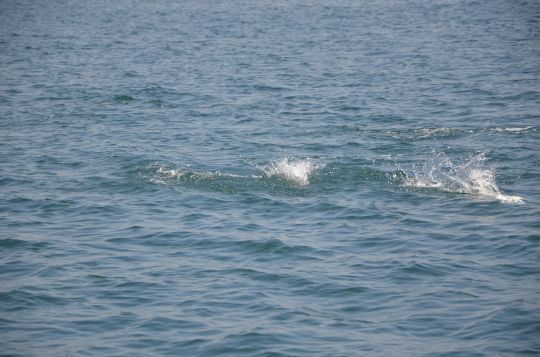
The hunting periods of pelamids vary according to the year and the weather conditions that accompany them. In general, it is common to find hunting from September to November, but spring can hold some nice surprises if the temperatures are mild.
Trolling
During times of the year when there are not enough forage fish to erupt in the hunt, trolling provides an opportunity to catch the mop-up fish. Often grouped in schools of several dozen individuals, pelamids quickly compete for food, giving anglers a chance to offer lures of different shapes and sizes and trigger attacks. Swimming fish are probably the most effective lures for imitating prey.
Depending on the height of the thermocline, the pelamids will be more or less hunting deep. Sometimes, at a depth of more than 10 meters, it is important to have lures that dive very deep to reach them easily. The use of soft lures is also possible, but is limited to fishing in less than 2 meters of water because of the lack of bib on the lure.
From the edge
Fishing for pelagic fish from the shore is quite possible for fishermen without a boat. Shore-jigging allows you to target all kinds of pelagic fish including pelagic. It is a technique that is less productive and requires a good knowledge of the areas of passage of fish.
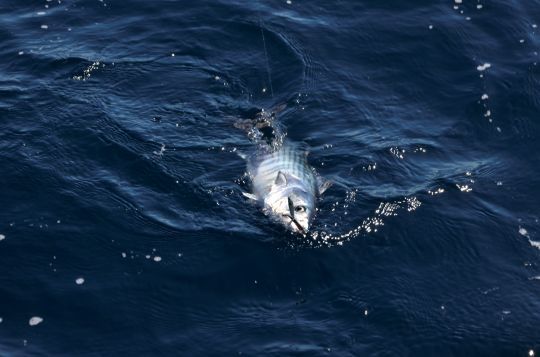
The principle is to propel jigs between 20 and 60 g at long distance in order to reach important depths where fish can navigate in the open water. Patience is necessary for this technique, the schools of fish can pass at any time of the day even if sunrise and sunset are the most favourable hours.

 /
/ 